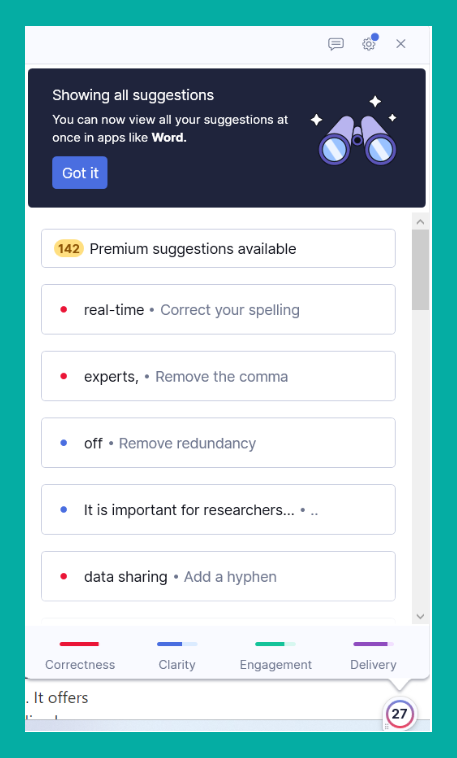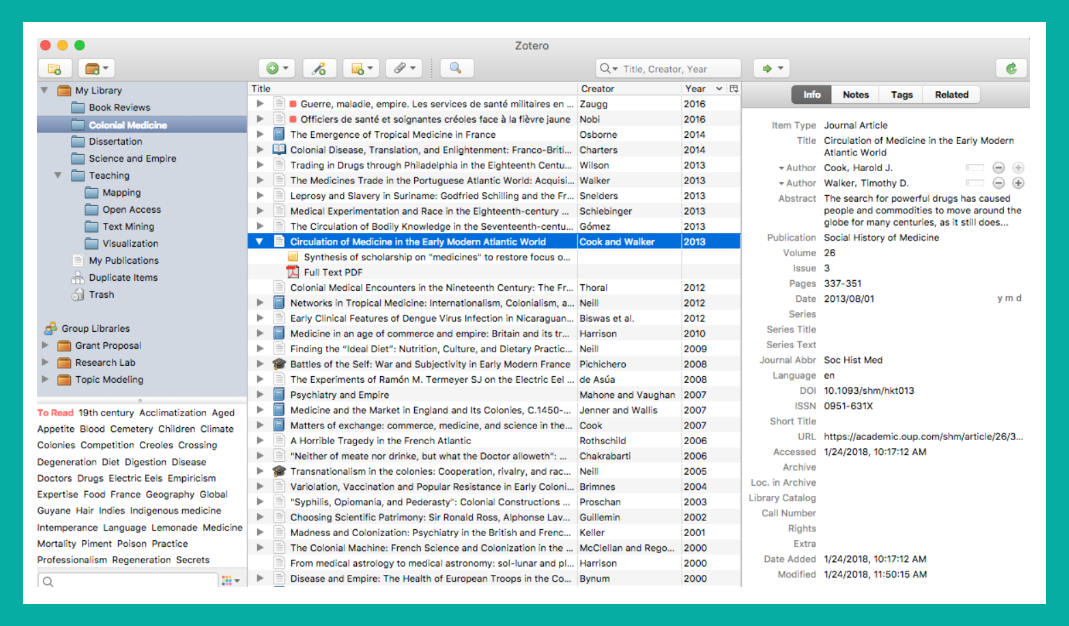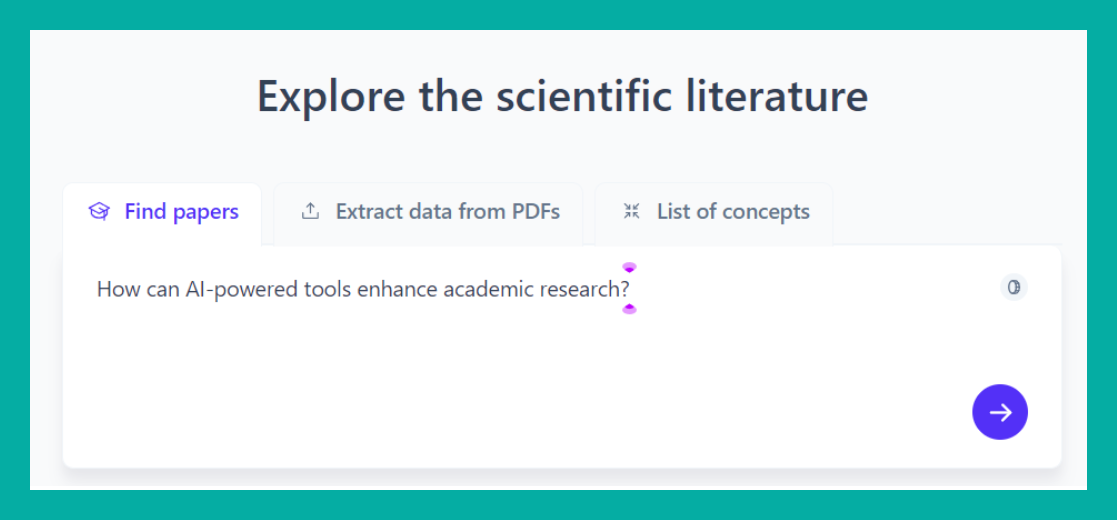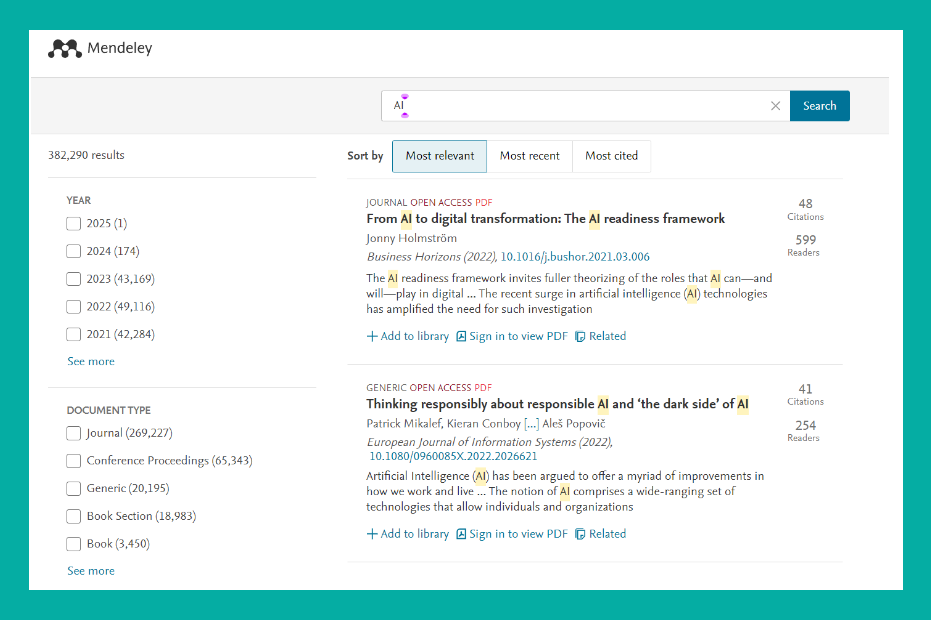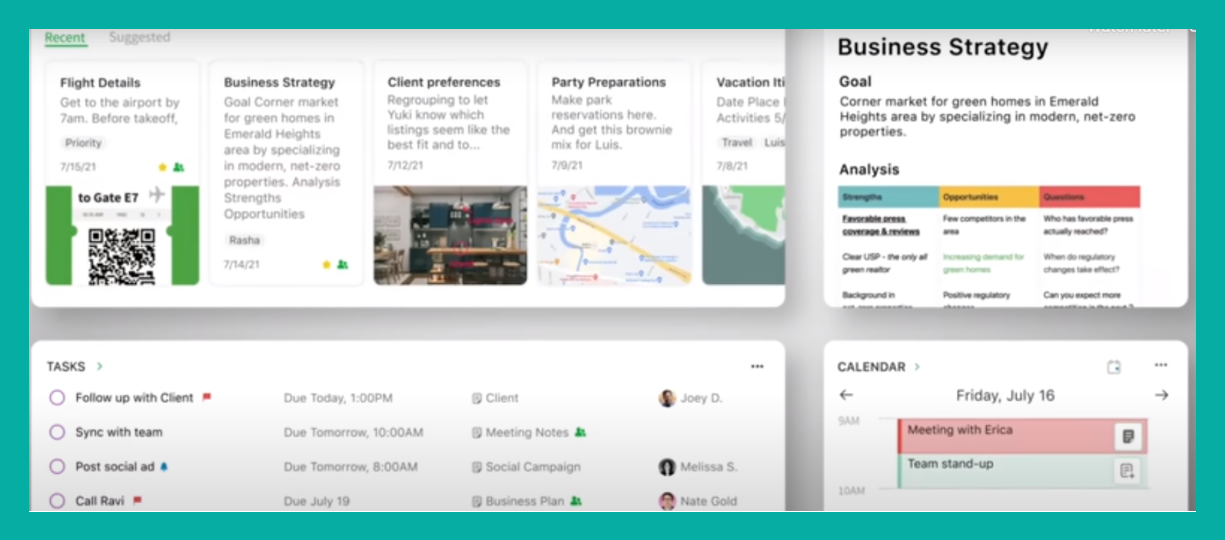The AI revolution is in all the rage at the moment, and it feels like AI-powered tools are on everyone’s lips these days. Students from all over the world quickly realized they could use artificial intelligence in academic research for their writing assignments. However, not everyone knows how to do it correctly without breaking the existing rules and drawing suspicion from their professors. Anyone ready to spend some time learning about using AI for research to write essays is welcome to read on!
How Students Can Use AI in Academic Research to Write Essays: An Overview You Need
Today, it is hard to find a sphere that does not use artificial intelligence, and the field of academia is no exception. AI-powered tools have become irreplaceable for students in academic research planning, study design development, and analyzing huge amounts of information. They help learners to make data collection and analysis easier. These are just some of the possibilities of using AI Revolution for research in essay writing. Here, we have collected a few more for you:
- Information research. Search engines and databases with built-in artificial intelligence offer a quick and easy way to access a wide range of scientific articles, journals, and other relevant sources for the topic of your essay.
- Plagiarism check. AI-powered plagiarism detection tools help students easily confirm the originality of their essays.
- Essay improvement. AI essay assistants make grammar checks, give suggestions for improving sentence structure, and broaden the vocabulary, adding to the overall quality of your academic paper.
- Summarizing and note-taking. AI-powered summarization tools turn long articles or texts into concise summaries. This is simply indispensable for taking useful notes and understanding key concepts to include in an essay.
- Citation and references. AI tools help students generate citations and references that adhere to different citation styles (APA, MLA, Chicago, etc.).
The most common limitations and ethical considerations in AI-assisted research
Artificial intelligence tools certainly can help students to shorten the time spent on academic research when writing essays. Nevertheless, there are some “buts” to keep in mind.
- Data reliability. When using artificial intelligence assistants, you should always verify the credibility of the provided information. Even though AI tools rely on large and diverse data sets, various inaccuracies are quite common.
- No contextual understanding. Artificial intelligence tools are usually good at analyzing human input. However, they may not understand the specific meaning of your prompt and misinterpret subtle information. Therefore, when using AI for research purposes, you should always give careful thought to the context.
- Limited critical thinking. By its very nature, artificial intelligence always follows an ironclad logic and relies on facts. However, the human world is much more complex. Each data analysis that AI performs may have many nuances that machine learning algorithms simply can’t process.
- Ethical writing concerns. Data privacy, bias, and transparency are just some of the ethical writing considerations no student should ignore when using AI platforms. Be honest with yourself and keep them in mind.
Top 5 Most Helpful AI Tools for Academic Writing and Note-Taking
AI-powered tools have the capability to elevate your academic writing and note-taking experience. They are more than just effective data-management assistants: AI-powered tools can save your time, elevate the standard of your writing, and keep you organized, helping you ace your academic research. But which AI digital software is the most helpful? Give these a shot:
AI tools can improve your academic writing and note-taking talents. They are more than just efficient data management assistants: Artificial intelligence tools save you time, raise your writing standards, and help you stay organized. All of which help advance your academic research skills. But which digital AI software is the most useful? Try these programs:
1. Grammarly. This is the right tool to make your academic writing correct, coherent, and plagiarism-free. You can get real-time suggestions for grammar, spelling, punctuation, and style using this one-stop platform. What’s the benefit? You get polished and mistake-free research!
2. Zotero. The instrument comes in incredibly handy in generating citations. Also, Zotero is an efficient organizing assistant that allows you to add tags to your items, attach rich-text annotations, and improve your overall note-taking.
3. Elicit. If you need to find sources for your research in essay writing as soon as possible, this tool is an ideal solution. In addition to searching for relevant academic publications, this AI online software offers concise summaries of research studies. This feature not only simplifies the note-taking process but also greatly helps in research planning.
4. Mendeley. When it comes to searching, organizing, and managing academic research papers, Mendeley is a top AI tool. Powered by machine learning algorithms, this assistant suggests relevant academic articles tailored to your reading preferences. You’ll never miss the latest advancements in the field of your interest.
5. Evernote. Evernote serves as a handy app for capturing and structuring your thoughts, research findings, and references in a one-stop academic research platform.
How to Use AI for Research Planning and Study Design
Research planning and study design are crucial first steps in any research and development project. And they might be the hardest ones! Sometimes, it takes a lot of thinking to figure out where to start. Whether it’s the lack of clarity or information overload, AI-powered tools are always there for students to help. Using AI for research and development projects eases various aspects of research processes, such as:
- Narrowing research questions
- Outlining the research process
- Collecting data from relevant sources
- Managing references
- Conducting a literature review
- Optimizing an experimental study design
Get on the right path quickly: Tips on maximizing efficiency with AI in research
AI tools can speed up research processes only if you know how to use them effectively. Otherwise, research planning and study design can take you even longer. But, no worries. Here are some tips for using AI to streamline scientific research and get to the bottom of things quickly:
- Select appropriate AI tools. Before using AI software in writing, you should evaluate its efficiency and make sure it meets your research objectives. It’s a good idea to focus on platforms that use machine learning algorithms. They learn of your input, identify patterns, and can provide fresh insights into your academic research.
- Use AI tools for literature reviews. Reading is fascinating, but literary reviews are not so much. AI platforms can simplify the task and help you create a good book report.
- Manage your references. Artificial intelligence-based reference management tools can quickly help you put your research in order. Such platforms automatically extract references and citations from scientific papers and are even capable of creating bibliographies.
- Streamline the data collection process. AI-based tools can help you extract valuable insights from large data sets more quickly.
- Co-work with your research team. Most AI tools allow for team communication, document and result sharing, and task management. All of this together ensures increased efficiency of group work on a project.
The Role of AI in Data Analysis and Peer Review
As mentioned earlier, AI-powered tools can help students in the early stages of academic research, namely research planning and developing study design. However, these digital platforms can bring even more benefits.
Data analysis
Imagine a traditional data analysis: tons of information, calculations, pattern identification – well, that’s a monotonous and time-consuming process, so why not streamline some of its aspects? With the help of AI, researchers analyze both quantitative and qualitative data much quicker. The ability to analyze large amounts of unstructured information makes AI-powered tools invaluable for various kinds of research, from brain care to maritime research. Without a doubt, human researchers are irreplaceable in data analysis, but such software can enrich this process, speed it up, and maintain its high accuracy.
Peer-review assistance
Have you ever doubted the quality of your academic writing? Good thing AI-powered tools are here to help. AI assistants can promote peer review in educational settings. These tools provide other student-review assistance in many research fields, including, but not limited to, biomedicine, computer science, social, and natural sciences. Nonetheless, the peer-reviewing process can’t be fully automatized because AI tools still make quite a lot of mistakes.
A threat or an opportunity: Future of AI in academic writing and research
On the one hand, AI-powered tools present promising opportunities: They can save time and optimize various aspects of research. On the other hand, an ovеrrеliancе on AI leads to worries about thе loss of human judgment and critical thinking. Taking all of this into account, we believe that artificial intelligence research systems, even those using machine learning algorithms, are unlikely to replace human researchers in the near future. At the moment, AI tools are only people’s assistants.

